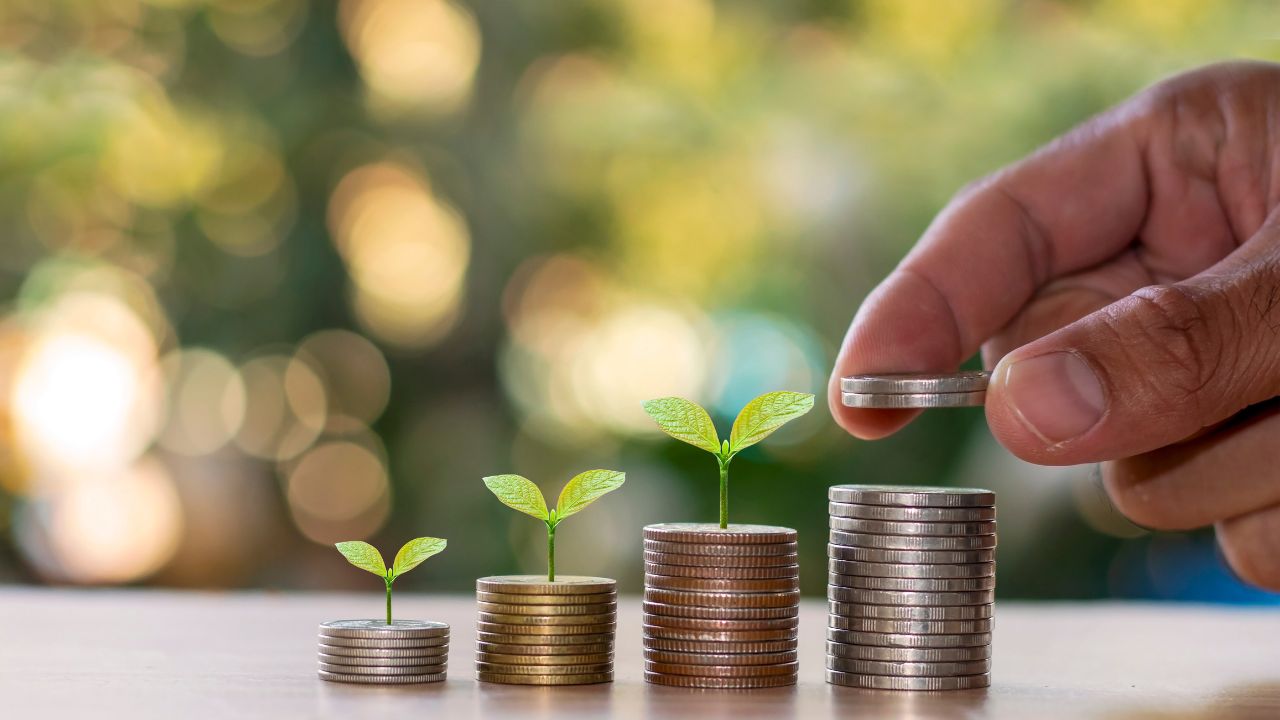Unpredictable weather patterns, the confrontation between Russia and Ukraine, the post-Covid economic rebound, tensions between China and the rest of the world, and other variables are at work and producing instability in economies around the world. Hejaz Financial Services, a Sharia finance company, indicates that the Islamic finance industry is still growing strongly and steadily despite all of this and explains why.
According to the Cambridge Institute of Islamic Finance, the Islamic financial industry has expanded at a rate of 11.7% annually over the last ten years. The industry’s worldwide assets exceeded $2 trillion last year, and the Cambridge Institute attributes much of this expansion to the South Asian and Middle Eastern financial markets. In fact, according to a recent study, 61% of Middle Eastern high-net-worth investors claimed that they have become more interested in Islamic assets in the last year. Furthermore, 39% of respondents said they are interested in investing further in Islamic finance bonds, called sukuk.
Muzzammil Dhedhy, COO of Hejaz Financial Services, explains that this industry growth coincides with a significant increase in consumer interest in sustainable and ethical financial services. This is exactly what Islamic financial services offer, says Dhedhy. Sharia law dictates that financial behaviours must be based on a strict set of virtuous principles; money can only be invested in approved industries such as infrastructure and healthcare, while industries such as gambling and media are expressly forbidden.
Muslims are flocking to Sharia-approved financial services companies that share their beliefs and values because other traditional banks are failing to offer consumers suitable ethical and sustainable options. Halal loans are among the Islamic financial products that organisations like Hejaz Financial Services provide to Australian Muslims. These products are also accessible to any consumer who wishes to invest their money in a positive, ethical, and sustainable manner.












